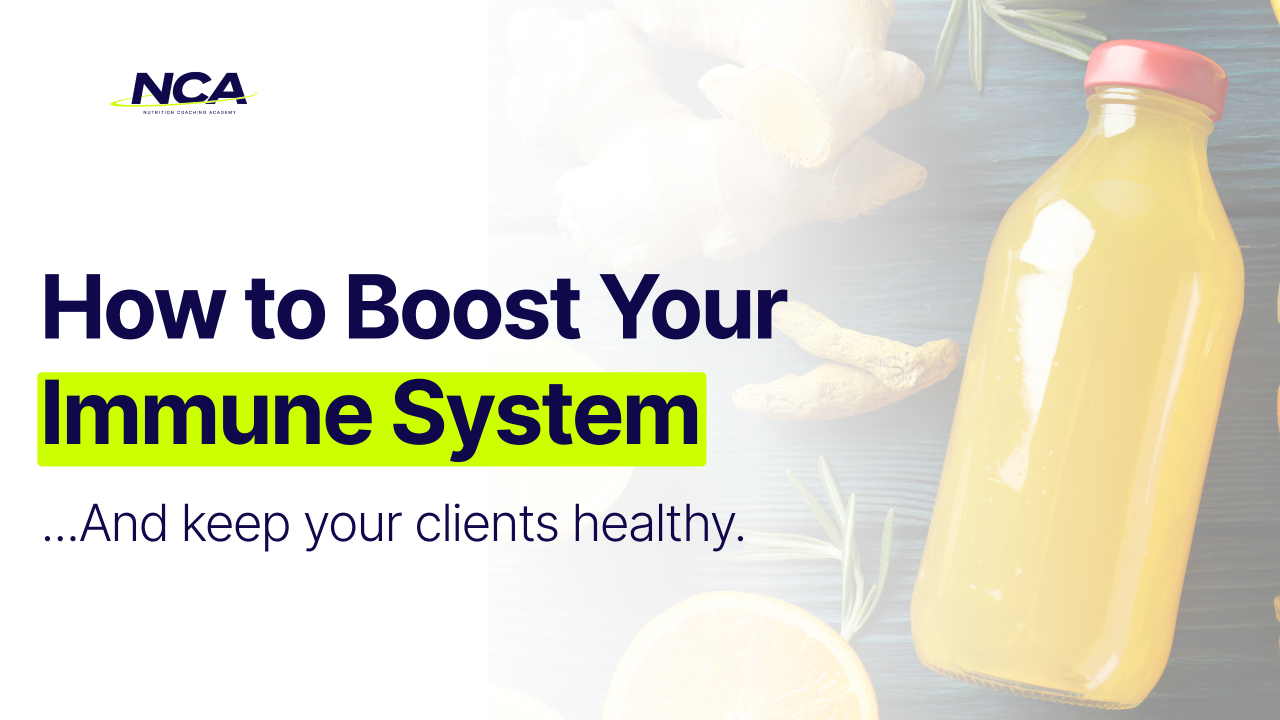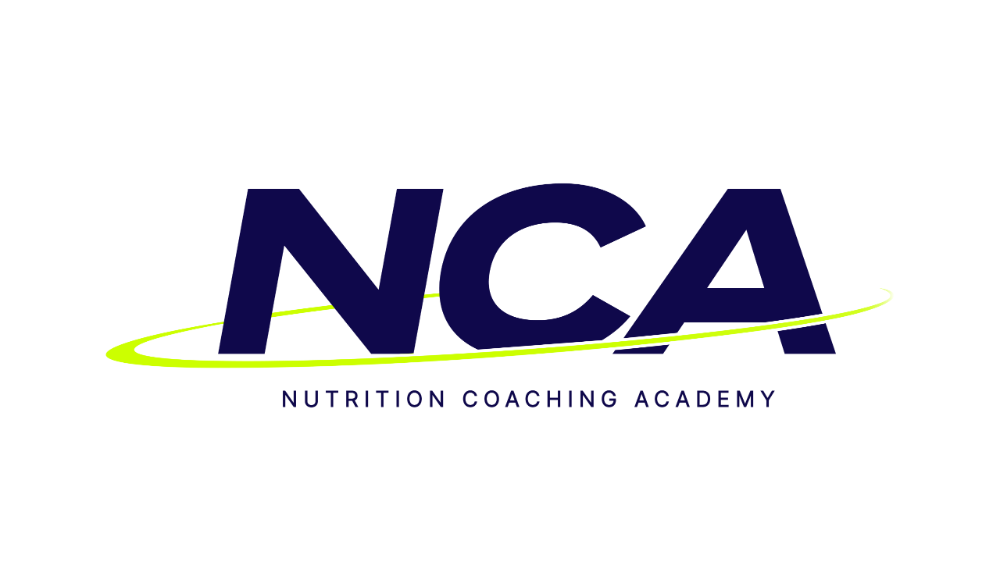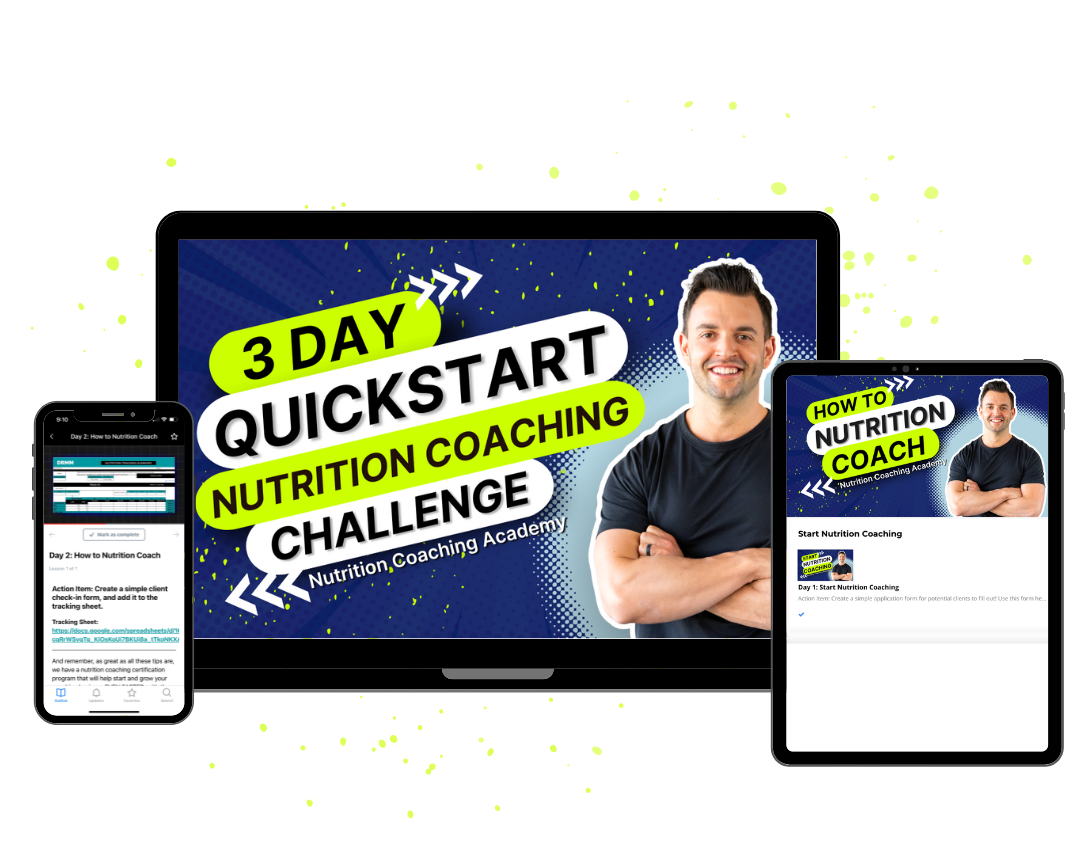How to Boost Your Immune System
Jun 02, 2025
It’s that time of the year, and no one likes to be sick.
For many, especially your clients focusing on their nutrition and health goals, getting sick can feel like a frustrating setback. That’s why in this blog, I’m walking you through the science of immune support (beyond the hype) and giving you a step-by-step strategy to coach clients through sickness so they can get right back on track.
Let’s get into it.
Cold and Flu Season

We’re heading into cold and flu season. While you can’t completely avoid viruses, there are things you can do to reduce risk, recover faster, and feel more resilient.
One thing your clients are probably asking:
“I feel like I’m getting sick all the time. This cold just won’t go away. Do I even have an immune system?”
Let’s start there.
Your immune system is your body’s natural defense against foreign invaders: viruses, bacteria, toxins, and even physical injuries. It helps you fight off infections and recover.
Every day, your body is exposed to potential threats. When your immune system is working well, it handles them quickly, often before you even notice.
So, how do we keep the immune system strong? First, it helps to understand how it works.
The Two Layers of Your Immune System
Your immune system is complex, but it breaks down into two main parts: innate and adaptive immunity.
Innate immunity is your body’s first line of defense. It reacts quickly and non-specifically to anything that seems dangerous.
-
Skin acts as a barrier
-
Stomach acid destroys pathogens
-
Immune cells detect and attack unfamiliar invaders
Adaptive immunity is smarter and slower. It learns to recognize specific viruses or bacteria over time and responds more efficiently.
-
It builds memory of past threats
-
It produces antibodies to neutralize harmful invaders
-
It creates a faster response the next time you’re exposed
So, can you “boost” this system? Not exactly.
Despite what you’ve seen on social media, you can’t "boost" your immune system overnight by drinking a ginger shot or drinking a greens powder.
However, you can support and strengthen your immune system over time by focusing on foundational habits that improve immune function and resilience.
Let’s break it down.
Long-term Solutions

During cold and flu season, it’s tempting to look for something to heal you fast. However, your best defense is a consistent lifestyle that prioritizes nutrition, sleep, stress management, and recovery.
Here’s what that looks like:
1. Eat a Balanced Diet
Your immune system needs a steady supply of nutrients to work effectively.
The most important nutrients include:
-
Vitamin C
-
Vitamin D
-
Zinc
-
Selenium
-
Iron
-
Protein and overall energy intake
These are found in most whole plant and animal foods.
It’s also smart to reduce ultra-processed foods such as sugary drinks and packaged snacks, which can negatively impact immune function. This is especially important since the gut plays a major role in immune defense.
Also, aim for adequate fiber (14 grams per 1,000 kcal) and include pre- and probiotic foods to support your gut health.
2. Prioritize Sleep
Sleep is when your body restores itself, including your immune system.
Adults should aim for 7 to 9 hours of quality sleep per night. Research shows that adults who sleep less than 7 hours are more likely to get sick after being exposed to a virus.
Better sleep starts with good habits:
-
Stick to a consistent sleep schedule
-
Limit caffeine in the afternoon and evening
-
Sleep in a cool, dark room
-
Reduce screen time before bed
3. Manage Stress
Chronic stress weakens the immune response. Helping your clients build in recovery time, take breaks, and create healthy boundaries is a key part of effective immunity support.
Stress doesn’t just drain energy. It disrupts immune signaling, which can prolong illness or reduce your defenses.
4. Stay Hydrated
Water helps transport nutrients, regulate temperature, and flush out waste, all of which are essential for staying healthy and recovering efficiently. Encourage consistent hydration throughout the day, not just when symptoms appear.
“But I’m Doing All That and I’m Still Sick!”
Fair enough, but let’s shift gears. Once you’re actually sick, can anything help?
The answer: maybe.
Some supplements might slightly reduce symptom duration or severity. They are not miracle cures, but they might make you a little more comfortable while your body does its job.
Let’s take a look.
Want to Learn More?
Watch the full video to learn how to boost your immune system!
Vitamins, Minerals, and Supplements

Vitamin D
Low vitamin D levels are linked to higher infection risk. Most people in colder climates should supplement Vitamin D during the fall and winter. However, if your levels are already sufficient, there won't be any extra benefit to supplement.
Vitamin C
This is one of the most popular vitamins for colds. In large studies (over 11,000 people), doses of 1,000–2,000 mg per day reduced cold duration by about 8 percent. It does not prevent illness, but it might help you recover slightly faster.
Zinc
Zinc may reduce the duration of colds. In a study of 575 people, taking over 75 mg per day decreased cold length by up to 39 percent. Lozenges are most effective when taken within 24 hours of symptoms starting.
Garlic
Garlic has anti-inflammatory and antiviral properties. One study showed garlic supplements reduced cold frequency by about 30 percent.
Elderberry
Elderberry is commonly used for cold and flu support. Some research shows it may reduce symptoms and duration. However, there are safety concerns with improper use, so only take it under professional guidance.
What To Do When You’re Already Sick

Here’s the bottom line:
This is a short-term issue. Treat it like one.
Don’t let a couple of rough days turn into a long-term setback just because you refused to rest.
Here’s how to handle it:
Nutrition
-
Loosen up your food targets for a couple of days.
-
You don’t need to track macros or calories while sick.
-
Focus on comfort foods, fluids, electrolytes, and easily digestible carbs.
-
If you’re not hungry, that’s okay. Do what feels best for your recovery.
Training
-
Training is optional, not required.
-
If lifting makes you feel better and you're not contagious, go ahead.
-
Otherwise, take a few days off, get outside for walks, and let your body rest.
-
Pushing through will likely delay recovery, not speed it up.
Final Thoughts
Supporting your immune system is about long-term consistency, not last-minute fixes.
-
Eat real food
-
Sleep consistently
-
Manage stress
-
Move your body when you feel good
And when you do get sick?
Adjust, recover, and bounce back better.
If you found this helpful, share this with your sick friends, and let me know what they think!


